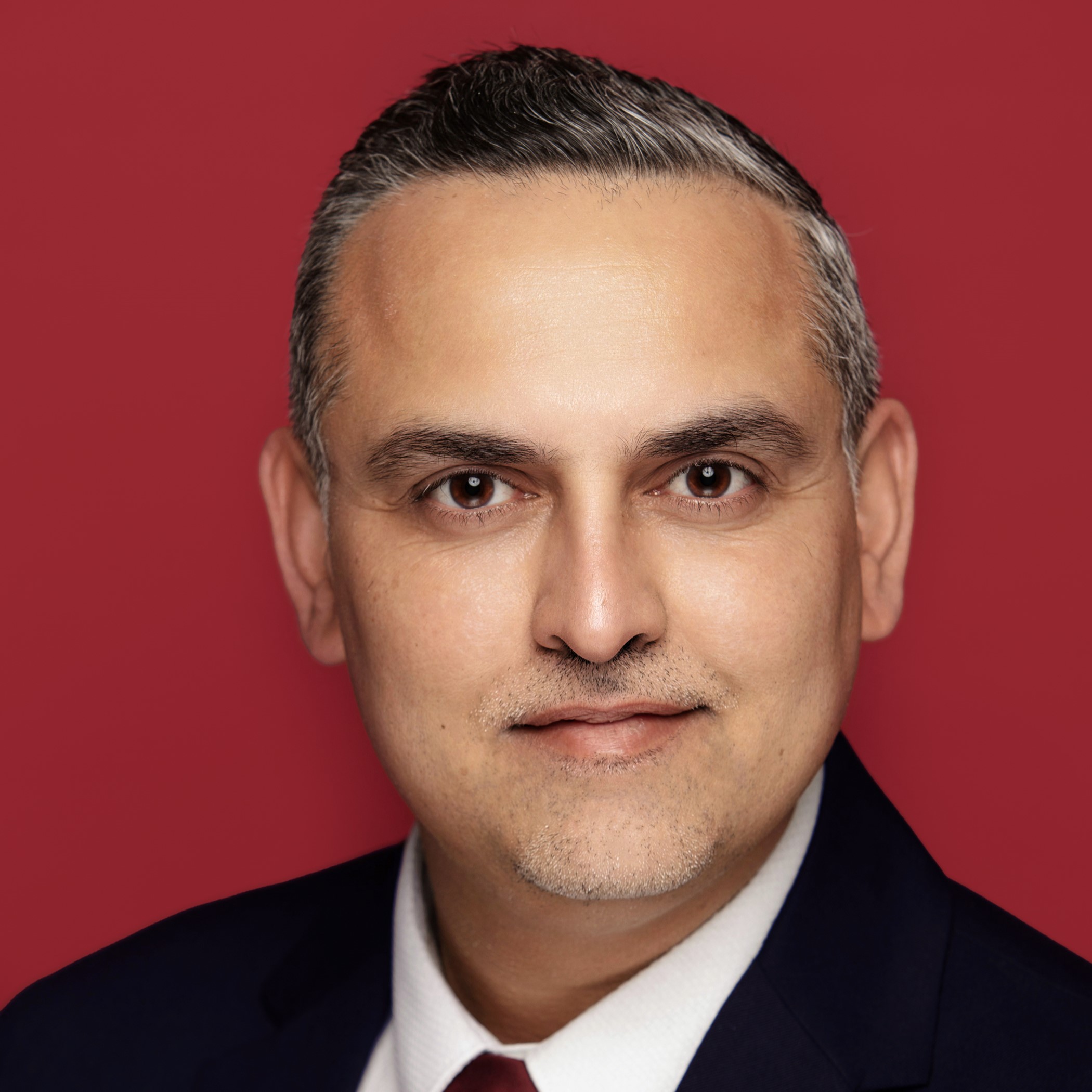Many individuals I speak to are saving for their retirement but have no idea of how much they need in their pension and savings to fund their lifestyle throughout retirement, often because they have not planned ahead about their financial needs in later years. In hope rather than expectation, they may choose to believe that the amounts contributed each month from their income into a pension will be enough.
Leaving it until they are looking to retire before they seek advice can mean opportunities could have been lost. It’s an area where professional advice can make all the difference and, as with so many savings plans, it’s usually best to get clarity of thought and action as early as possible.
Do not put off until tomorrow what you can do today!
My top tip, prior to speaking to an adviser, would be to have a budget in place. This is important because it allows you to think objectively about your lifestyle, both now and in the future. It’s notoriously difficult to fast forward into retirement and assess how much of an income you may need. Certain expenses such as your mortgage or school fees may no longer be applicable but equally, you may decide you wish to travel more in retirement. By having a budget in mind, you will have an idea of your income and desired expenditure. Like any plan, it’s a live document that will change with time.
Another reason a budget is so important is because it allows you to identify potential surplus funds that could be used to boost your savings and retirement provision.
To illustrate the importance of early planning, let us look at an example of Mr and Mrs Maisel.
Mr and Mrs Maisel have total annual outgoings, including luxuries and holidays, of £50,000. They both want to retire at age 60 and believe their outgoings will remain unchanged throughout their retirement. As such, they would need to build up a total pot of around £1 million. This is on the basis that their investments are targeted to grow in value by 5% each year (after any associated investment costs). Assuming they were to only draw this growth at the end of each year, this would allow them to maintain the capital amount invested of £1 million throughout their retirement, which offers them the ability to draw down into the capital if required in any given year, for example for care costs. Any undrawn pension at death will pass to their nominated beneficiaries.
A pension fund of around £750,000, given the same assumptions as above, would only last until age 85, at which point the pension would be exhausted. However, if both individuals were entitled to their full State Pensions from age 67 (c. £11,502 each, which is £23,004 combined, based on 2025/26 tax year values as a guide), they would be able to reduce the amount being drawn at this time. Until age 67, however, they are likely to be dipping into their capital.
A word of warning: growth rates of 5% cannot be guaranteed and, in times of market stress, the value of investments may fall as well as rise. This is why, when embarking on a withdrawal strategy, regular annual reviews with a financial adviser are so important.
The value of a pension fund depends on both the contributions made over time (including any tax reliefs) and the investment performance of the underlying assets held in the fund. Having an investment strategy that reflects your long-term objectives and your capacity and willingness to undertake risk is therefore equally important.
Continuing our example, Mr and Mrs Maisel have now reached age 60 (retirement age) and have built up combined pension funds of £750,000. Making the income as tax efficient as possible will provide greater net income.
Assuming Mrs Maisel has built up her pension pot to £500,000 and Mr Maisel £250,000, when it comes to drawing from the pension scheme, both will be able to draw 25% tax free, with the remaining 75% being taxed at their marginal rate of tax. However, it is clear to see that if they were to draw £25,000 per annum each, for example to maximise tax allowances, Mr Maisel’s pension is going to run out much sooner. At that time, Mrs Maisel will need to draw more from her fund if they are to reach the desired level of income and this might mean she is pushed into a higher-rate tax band. When they reach age 67, their State Pension will commence, assuming they are entitled.
With advanced planning, Mr and Mrs Maisel might have been encouraged to try to build up funds of the same size – say £375,000 each, for example. This would allow them both to draw similar levels of income throughout their retirement (c.£25,000 each), thus allowing them to reduce the amounts of income in higher-rate tax bands. The benefit of this is that less income is required from the pension to cover the higher-rate tax. When you look at the potential tax savings over their lifetime, this could be significant. Given that Mrs and Mr Maisel are not having to build up their pensions to cover for increased tax throughout their retirement, they may be able to retire earlier.
There are several important considerations when it comes to this type of planning, such as their age or change in circumstance, loss of income, unexpected costs, ill health or even divorce, to name a few.
To make sure you are on the right track for achieving your financial and retirement goals, you should start planning as soon as you can. Having regular reviews with your trusted adviser can ensure you are maximising all the opportunities available to you.
Content correct at time of writing (April 2025).
This article was written by Wealth Management Consultant, Jaspal Singh.
This article has been produced for information purposes only. It is not intended to be an invitation to buy or act upon the comments made. All investment decisions should be taken with advice, given appropriate knowledge of the investor’s circumstances and one must satisfy certain investor criteria before being considered eligible to invest. Any forward-looking statements and forecasted returns represent the current views of Mattioli Woods Limited and may be subject to change. Your capital may be at risk and past performance is not a guide to future returns. Mattioli Woods Limited is authorised and regulated by the Financial Conduct Authority.







